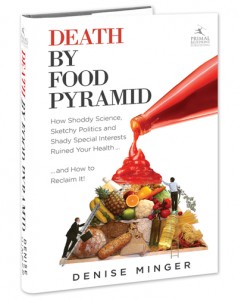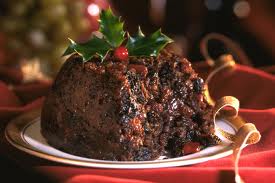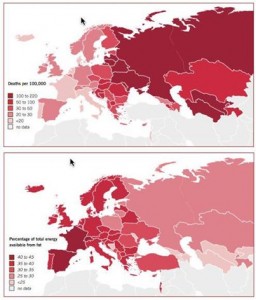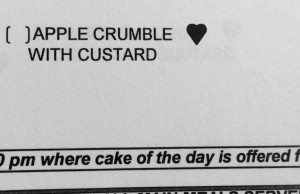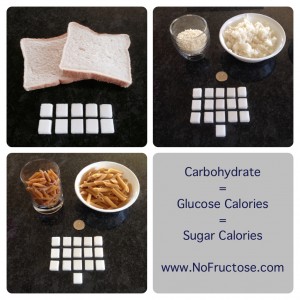
There is a surprising amount of ‘energy’ in carbohydrate and if you are struggling with the weight control then look at the ‘carb’ intake.
Carbohydrate commonly comes in the form of bread, rice and pasta. These have a lot of glucose in them.
Carbohydrate is essentially glucose and glucose is fuel. If you take in more than you require immediately then the excess is stored. The glycogen stores are replenished in the liver and the rest goes to fat storage.
One slice of bread, white or grain has about 5 teaspoons of glucose in it which is the same energy load as 5 teaspoons of sugar. That will have approximately the same effect on blood glucose as having a large scoop of ice cream.
100 grams of dry weight pasta or rice when cooked is about a bowl full. It has the equivalent of 16 teaspoons of glucose which is the same energy load as 16 teaspoons of sugar.
The digestion of carbohydrate starts with saliva in the mouth and continues through the intestine. It is rapidly broken down into glucose which is transported into the blood and then either metabolised or stored. High glucose levels provoke an insulin response which stimulates a fat storage response along with other effects.
Vegetables have varying amounts of carbohydrate in them and potato has a significant amount. The more colour to the vegetable, generally the less carb and the more fibre. Fibre is good as it slows up the absorption of the carbohydrate and results in less of a glucose spike in the blood stream.
Is it no wonder that farmers fatten up their stock by grain feeding them. We are fattening up society by grain feeding – a massive energy load in the form of carbohydrate which is just glucose.
http://www.nofructose.com/introduction/carbohydrate/


